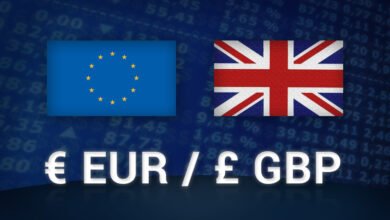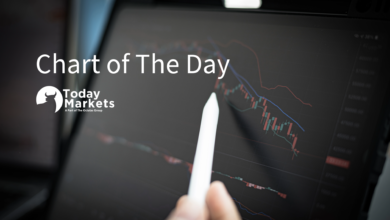
- EUR/GBP attempts to extend gains after recovering daily losses on Tuesday.
- The risk-sensitive Euro could struggle as European economies may face challenges amid President-elect Donald Trump’s tariff threat.
- The Pound Sterling may appreciate as BoE could potentially keep interest rates steady at 4.75% in December.
EUR/GBP remains steady after recovering daily losses, trading near 0.8350 during early European hours on Tuesday. However, downside risks persist for the EUR/GBP cross as the Euro faces pressure from growing concerns about the Eurozone’s economic outlook. These concerns are fueled by uncertainties surrounding political instability in Germany and France.
The Euro, being sensitive to risk, could face additional downward pressure as European economies may struggle amid worsening global sentiment. This follows US President-elect Donald Trump’s pledge to impose higher tariffs on China, Mexico, and Canada, intensifying fears of escalating global trade tensions.
Markets have fully priced in a 25 basis point (bps) rate cut by the European Central Bank (ECB) in December, while the likelihood of a larger 50 bps cut has climbed to 58%, highlighting growing market pessimism about the Eurozone’s economic prospects.
In contrast, market sentiment has shifted toward the Bank of England (BoE) potentially slowing the pace of policy easing and keeping interest rates steady at 4.75% during its December meeting. This is attributed to the annual inflation rate surging to 2.3% in October, the highest level in six months, up from 1.7% in September. Such a decision would strengthen the Pound Sterling (GBP) and apply further downward pressure on the EUR/GBP cross.
However, the GBP faced challenges last week due to weak economic data. UK Retail Sales saw a sharper-than-expected decline in October, while the flash S&P Global/CIPS Composite Purchasing Managers’ Index (PMI) for November dropped below the 50.0 mark for the first time since October 2023, signaling a contraction in economic activity.





